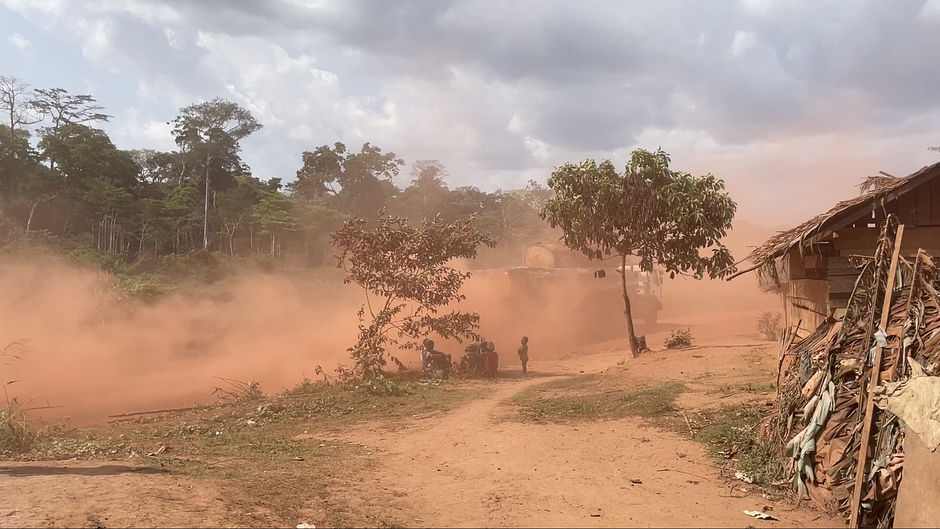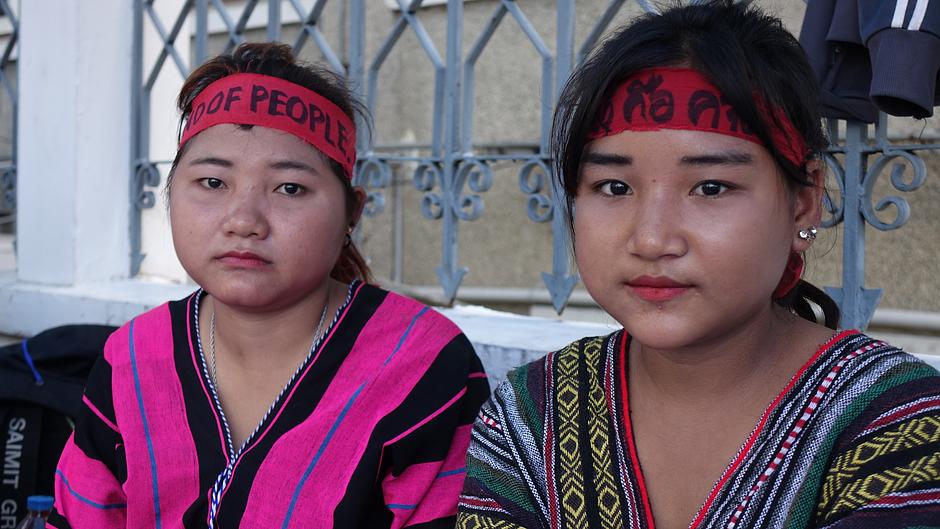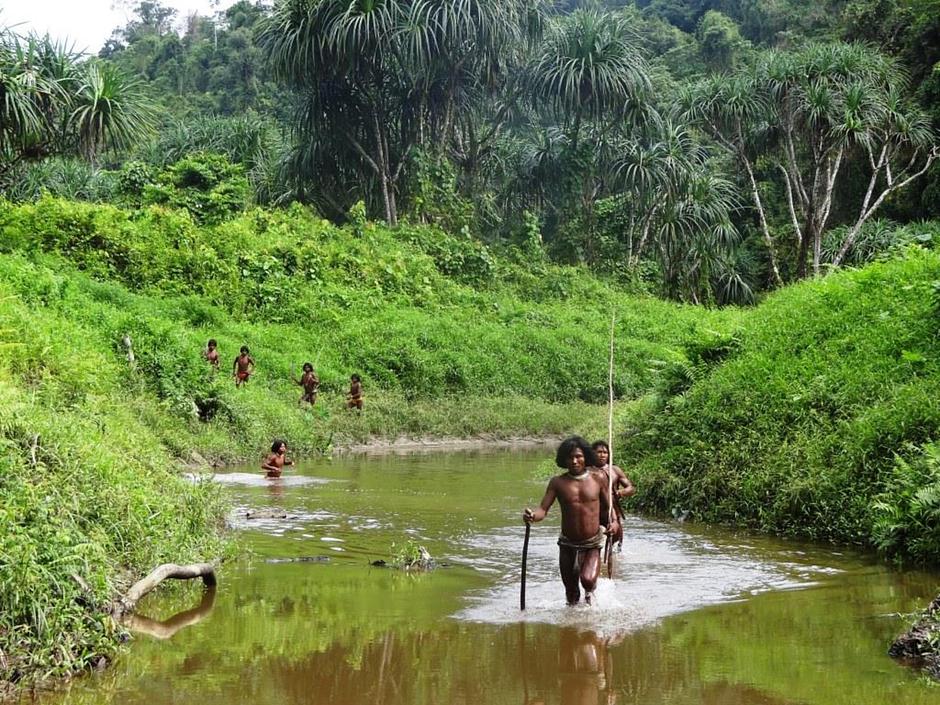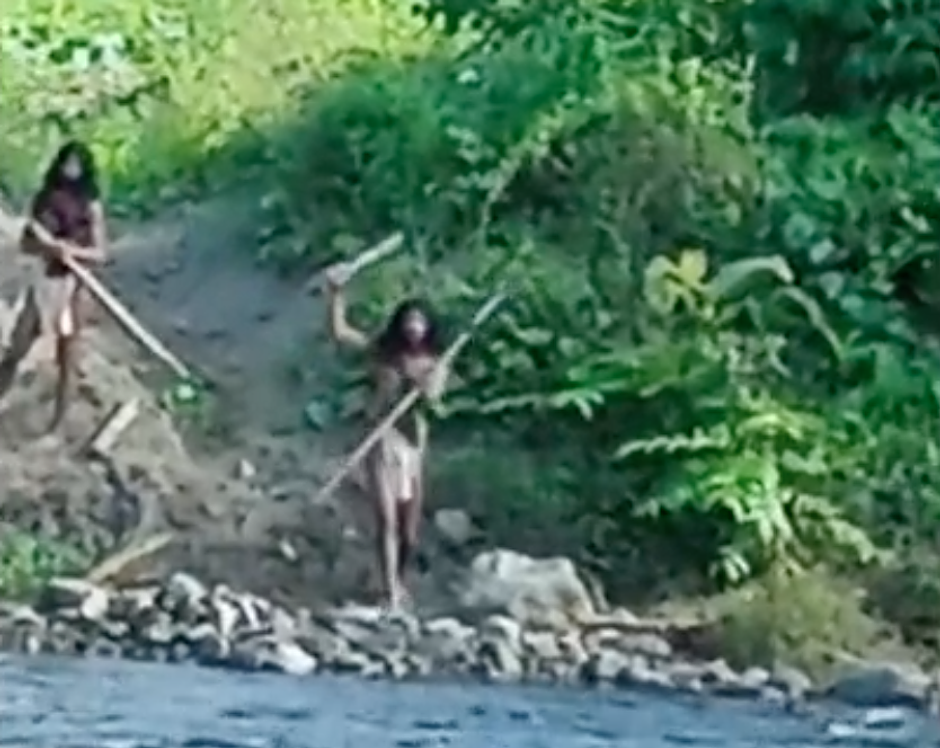Survival's response to African Parks
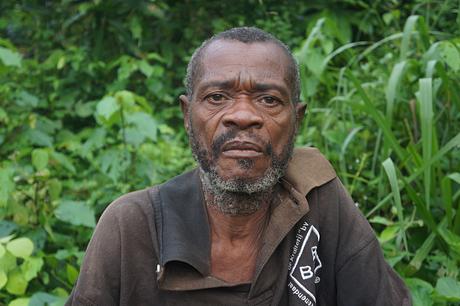
January 29, 2024
African Parks accusing Survival of not cooperating with them implies a) they didn’t know about the abuses, and b) we haven’t given them the information about it. This is wrong on both counts. Survival first spoke to African Parks about their park rangers violently abusing Baka Indigenous people around Odzala-Kokoua National Park more than 10 years ago, and it is likely they have known about it for even longer.
They unquestionably know all about the abuses, because we told them in 2013; we told them again in 2014; we published a report in 2017; in 2020 a top US official reported on it – and because everyone who spends even a few days in a Baka village hears account after account. It is not a secret; anyone who travels to any of the Baka villages around the park, as Survival and journalists have, will meet many people who have suffered terribly at the hands of African Parks’ guards.
Claims that they need more information from Survival to act are therefore both false, and a shameless attempt to evade responsibility.While passing information to African Parks, Survival has protected the identities of some victims who spoke to us in confidence, and are scared about their details being shared. This is understandable: the husband of a woman who was raped by African Parks guards, for example, told Survival researchers that when he complained to the park authorities, he was held captive and beaten for nine hours.
But African Parks has long had more than enough information – from Survival and others - to act on something that they know all about. African Parks admitted to Survival as long ago as 2014 that they knew about the abuse, and have even admitted to knowing details of specific cases we have raised. They have immense resources, and they bear responsibility as managers of the park and employers of the rangers. Moreover, they already know enough, and have known it for long enough, to make clear that these are not isolated incidents, but a rampant, long-standing problem, which arises out of the way they have set up their park and trained their guards, and for which they bear responsibility.
And still, they have not done what is needed to stop it. Some individual guards have been disciplined or fired, and African Parks - as WWF did before in a similar situation - has hired a law firm. Meanwhile, they continue to instruct their military-trained guards to keep the Baka out of their own ancestral forest - and they do so at any cost. And, for years, the abuse continues, while the Baka camp by the side of the road, desperate to return to their land, to provide for themselves and their families and to protect their forest, and constantly in fear of violent attack.
After more than ten years, African Parks’ protestations – that they, a multi-million-dollar celebrity-backed conservation organization, are not responsible for the situation they have created or the guards they employ, that it is instead the fault of individual guards, or of Survival, or of anyone exposing the abuse – ring hollow.


